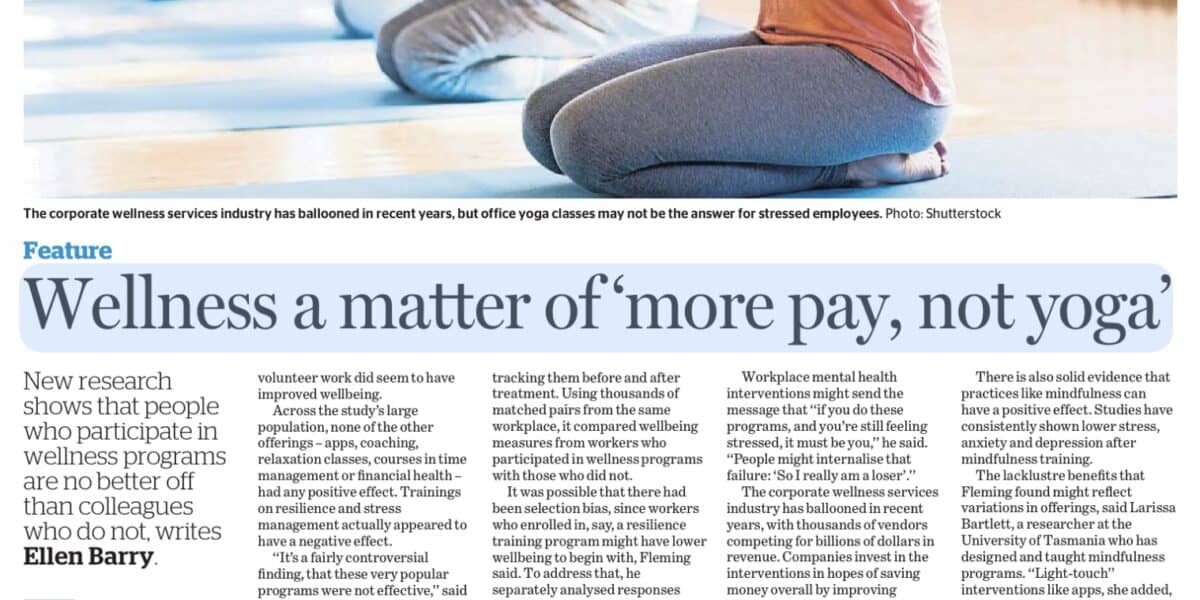HWSA’s manual handling challenge
Recently, Australia’s Heads of Workplace Safety Authorities (HWSA) produced a position paper that said: “‘How to lift’ training programs do not reduce the incidence of musculoskeletal disorders. Despite this, a recent survey found that almost 80 percent of employers had provided ‘how to lift’ training to their workers in the past two years… Providing ‘how …







